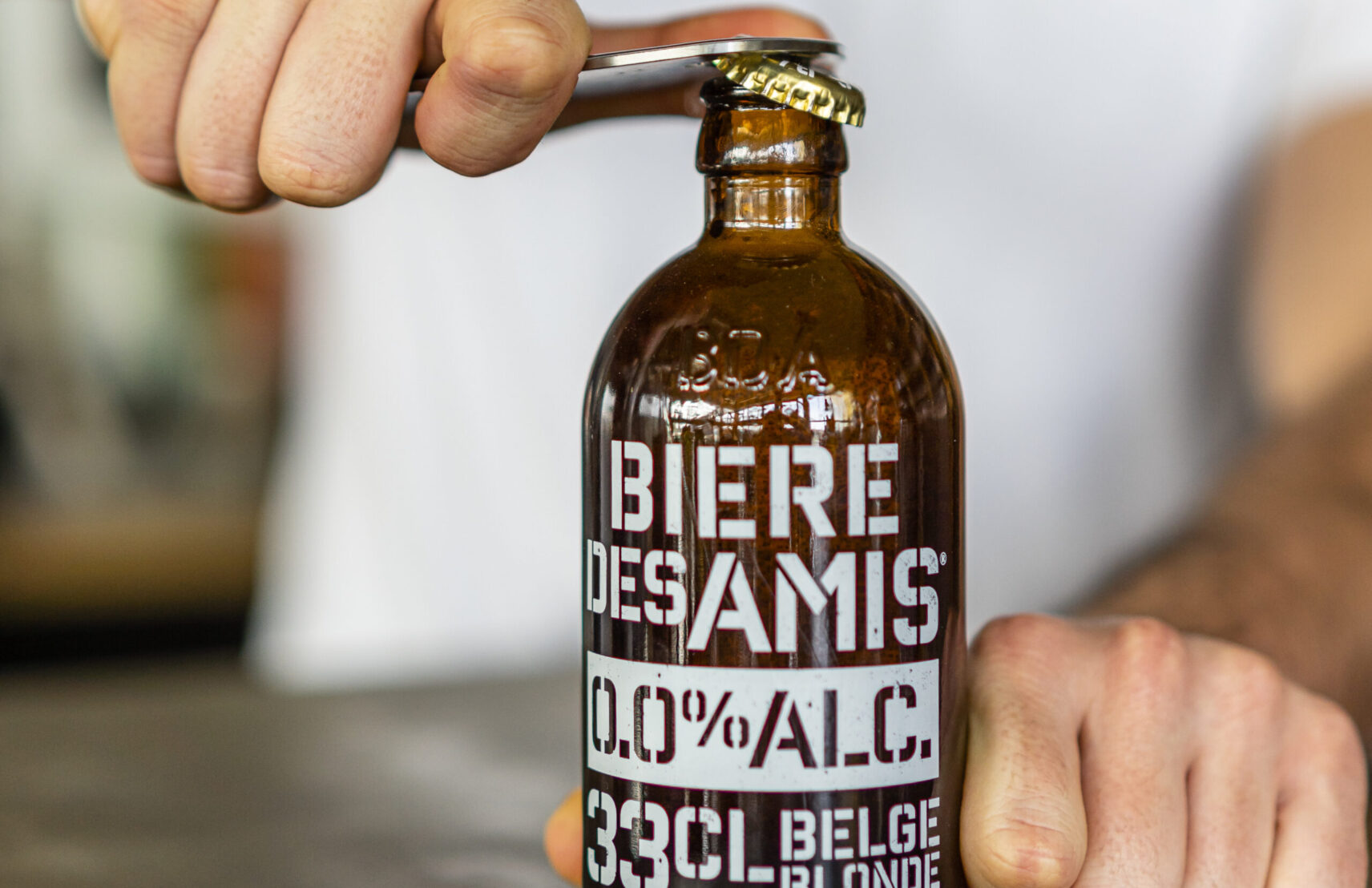Références :
(1) Geurts & Sonnentag 2006 Geurts, S. A. E., & Sonnentag, S. (2006). Recovery as an explanatory mechanism in the relation between acute stress reactions and chronic health impairment. Scandinavian Journal of Work, Environment & Health, 32, 482–492.
(2) Brosschot, Gerin & Thayer The perseverative cognition hypothesis: a review of worry, prolonged stress-related physiological activation, and health. J Psychosom Res 2006, Feb; 60 (2): 113-24
(3) De Bloom et al, ‘Do We Recover from Vacation?’ 2009, J Occup Health 2009; 51: 13-25
(4) Eaker, E.D., Pinsky, J. & Catelli, W.P. (1992). ‘Myocardial infarction and coronary death among women: psychosocial predictors from a 20-year follow-up of women in the Framingham Heart Study’. American Journal of Epidemiology, 135, 854-864
(5) “Vacations improve mental health among rural women” Chikani, V et al , Wisconsin Medical Journal 2005: Vol 104
(6) Gump, B.B. & Matthews, K.A. (2000). Are vacations good for your health? The 9-year mortality experience after the multiple risk factor intervention trial. Psychosomatic Medicine, 62, 608-612
(7) Westman, M. & Etzion, D. (2002). The impact of short business trips on job stress and burnout. Applied Psychology: An International Review,51, 528-591.
(8) Beckers, D.G.J., Van Hooff, M.L.M, Van der Linden, D., Kompier, M.A.J., Taris, T.W. & Geurts, S.A.E. (2008). A diary study to open up the black box of overtime work among university faculty members. Scandinavian Journal of Work, Environment & Health, 34, 213-223.

 Retour
Retour 












